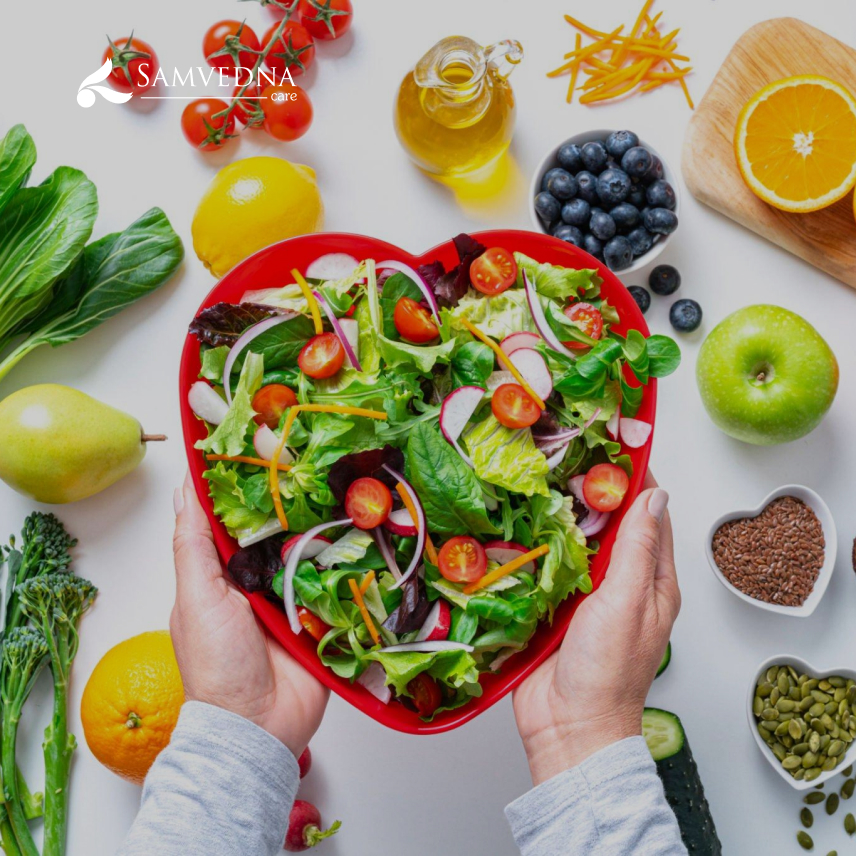
Well-Rounded Diet for Older Adults: Diet
5 Nutrients That Improve Muscle Strength, Gut Balance & Overall Health
As we age, our bodies require fewer calories but more targeted nutrients. Shifts in metabolism, muscle loss, bone density, and gut microbiota mean that older adults must focus on a nutrient-rich, calorie-efficient diet . These five key nutrients—protein (with leucine/HMB), calcium & vitamin D, fiber & prebiotics, omega‑3 fatty acids, and magnesium—work synergistically to support strength, digestion, and resilience.
1. Protein (Leucine & HMB)
- Why it matters: Age-related muscle loss (sarcopenia) can cause 3–8% muscle mass decline per decade after 30. Older bodies are less responsive to protein, necessitating higher intake—about 1.2–1.5 g/kg/day—preferably spaced evenly across meals
- Leucine & HMB: Including leucine-rich foods (meat, dairy, legumes) triggers muscle protein synthesis. Beta-hydroxy beta-methylbutyrate (HMB), a leucine metabolite, boosts muscle strength and may help prevent muscle atrophy in seniors .
- Sources: Lean meats, fish, eggs, dairy, tofu, beans, supplemented with 2–3 g/day HMB if dietary intake is inadequate.
2. Calcium & Vitamin D
- Why it matters: Bone health and muscle function rely heavily on calcium and vitamin D. Older adults absorb less calcium, increasing fracture risk . Vitamin D receptors in muscles promote strength; deficiencies link to weakness and fall risk
- Dosing guidelines: Women aged 51+ need ~1200 mg calcium/day; men 1000–1200 mg. Vitamin D daily recommendations: 600–800 IU (up to 2000 IU for low sun exposure) .
- Sources: Low-fat dairy, fortified alternatives, leafy greens, fatty fish, safe sun exposure, and supplements when needed.
3. Fiber & Prebiotics (Gut-Muscle Axis)
- Why it matters: Aging slows digestion and disrupts gut microbiota. Fiber prevents constipation, supports heart health, and promotes gut diversity .
- Prebiotics & probiotics: Nondigestible fibers (onions, leeks, legumes) feed beneficial gut microbes. Supplements and fermented foods like kefir or kimchi enhance gut-muscle signaling, reduce inflammation, and support muscle integrity.
- Sources: Whole grains, vegetables, fruits, beans, fermented yogurt, and probiotic supplements.
4. Omega‑3 Fatty Acids
- Why it matters: These healthy fats reduce inflammation, support brain and heart health, and may preserve muscle mass by protecting against oxidative damage .
- Sources: Fatty fish (salmon, mackerel), flaxseeds, chia, walnuts. Aim for two servings of fish weekly or plant-based omega‑3 rich foods.
5. Magnesium
- Why it matters: Essential for muscle contraction, nerve function, bone health, and energy metabolism. Deficiency in seniors correlates with weakened bone mineral density and increased fracture risk .
- Sources: Leafy greens, nuts, legumes, whole grains, fortified cereals, and mineral-rich water.
Why These Nutrients Work Together
- Synergy boosts benefits: Protein and vitamin D combined support muscle and bone health . Fiber and gut-friendly nutrients enhance absorption of calcium and produce compounds that may boost muscle integrity
- Builds resilience: A diverse diet rich in antioxidants, B‑vitamins, and minerals like selenium and potassium further supports immune function, cognitive health, and reduces inflammation
Practical Tips for Daily Nutrition
| Meal | Strategy |
|---|---|
| Breakfast | Greek yogurt with berries, chia seeds, and nuts (protein, fiber, omega-3, probiotics) |
| Lunch | Salmon salad with leafy greens, avocado (protein, omega-3, vitamin D, magnesium) |
| Snack | Apple with nut butter or a fortified smoothie (fiber, protein, vitamin D) |
| Dinner | Lean chicken or legumes, quinoa, steamed broccoli, leafy greens |
| Supplement optionally | Vitamin D, calcium, HMB, probiotics (based on medical advice) |
Lifestyle Supports
- Stay hydrated—fluids aid digestion, nutrient absorption, and muscle health .
- Combine nutrition with resistance training to maximise muscle synthesis and strength.
- Consult healthcare providers, especially for supplement use, kidney function, and medication interactions.
The Bottom Line
A well-rounded diet focusing on protein (plus HMB/leucine), calcium & vitamin D, fiber & gut-supporting nutrients, omega‑3, and magnesium forms a powerful foundation for aging well. Together, they preserve muscle mass, promote gut function, strengthen bones, and support cognitive and cardiovascular health. With thoughtful food choices and lifestyle habits—hydration, exercise, and medical guidance—older adults can enhance vitality, independence, and longevity well into later years.
Thanks For Reading